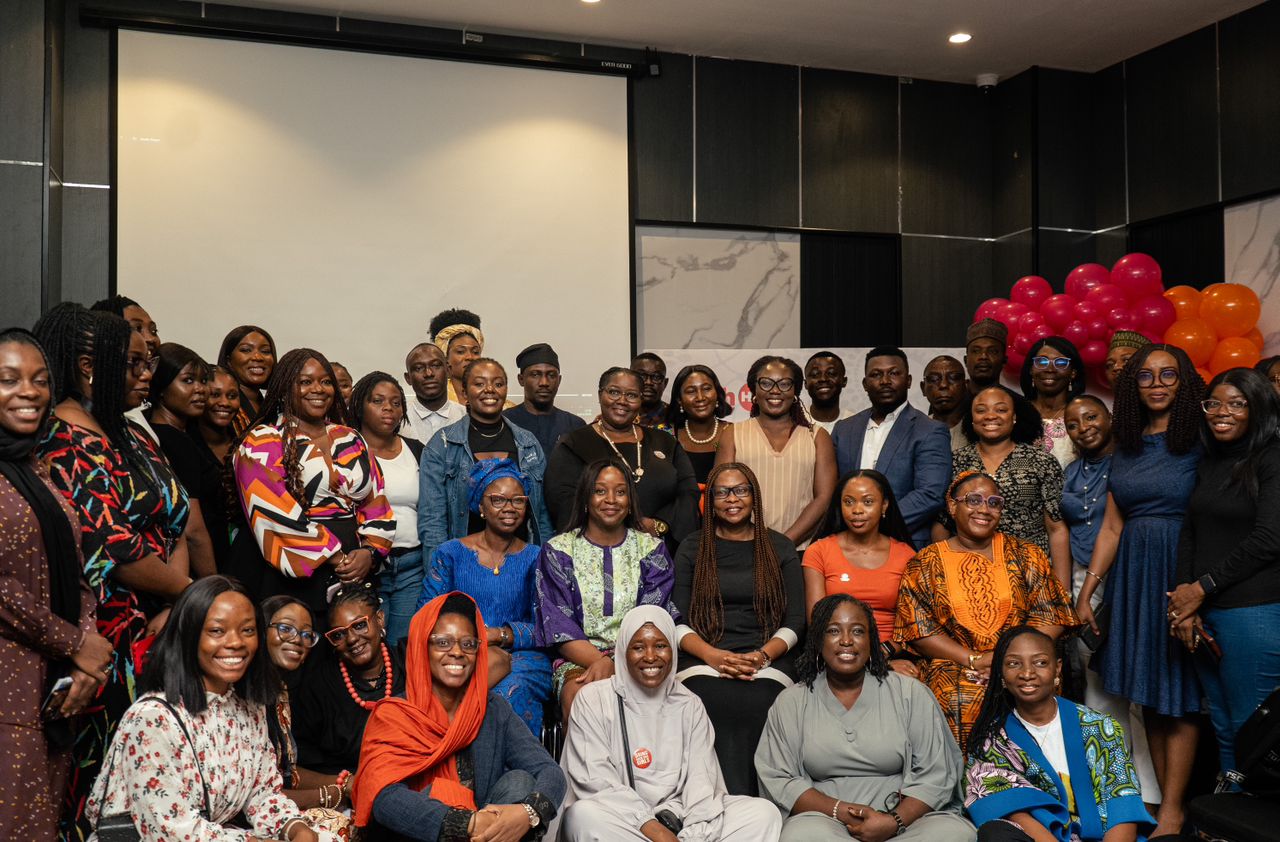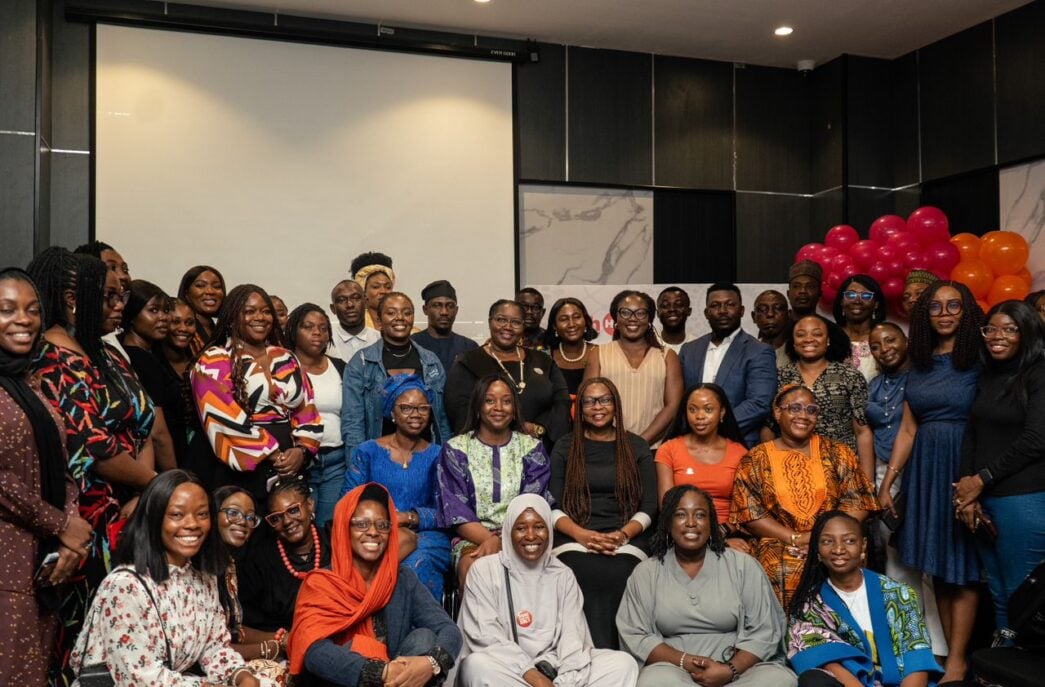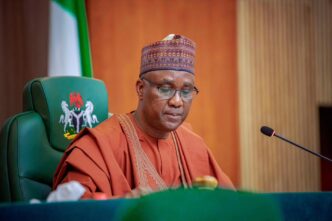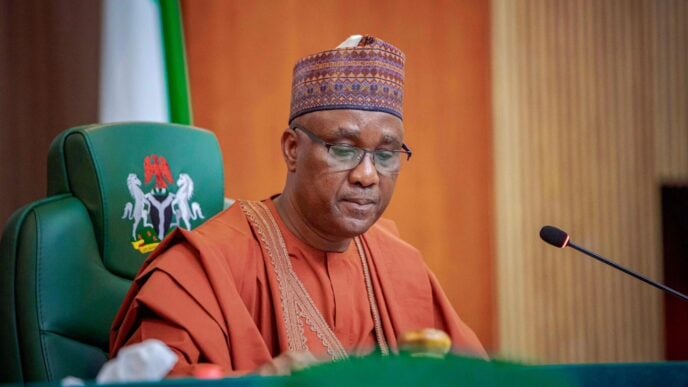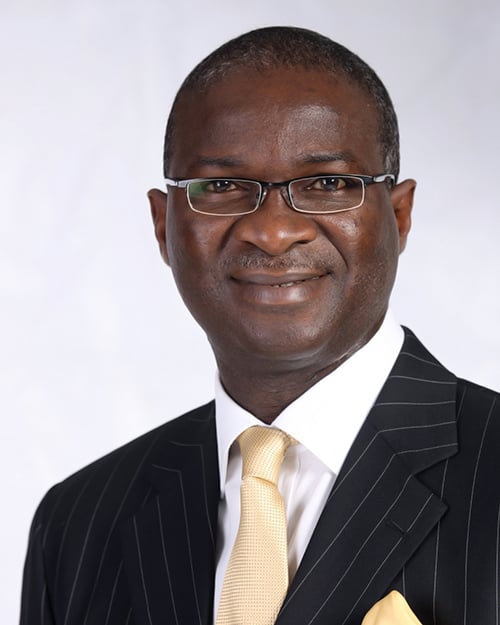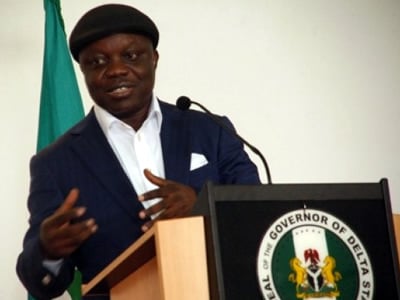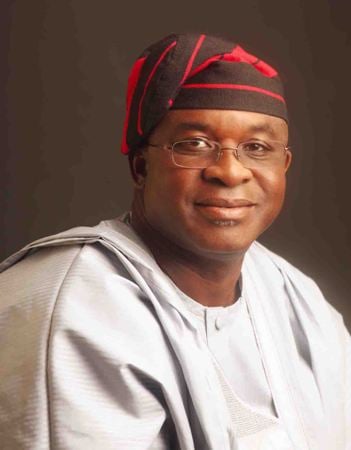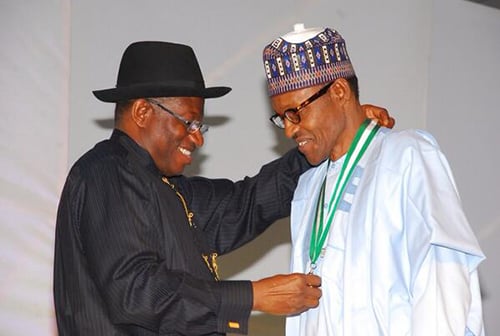Civil society leaders, activists and development practitioners have warned that Nigeria’s civic space is shrinking rapidly, creating new pressures on organisations working on justice, rights and accountability.
They spoke on Friday at an event hosted in Abuja by TechHer NG to commemorate 65 years of the Ford Foundation Office for West Africa.
Chioma Agwuegbo, executive director of TechHer, said the gathering was a moment of collective reflection for civil society, noting that the climate has grown increasingly hostile for activists and organisations.
Agwuegbo added that the anniversary provided an opportunity for stakeholders to reconnect and reflect on solidarity amid changing political and funding realities.
Advertisement
“We wanted to interrogate a few questions, like resilience. How are we surviving as civil society in Nigeria? How are we fighting things like civic suppression, the shrinking civic space, and the shutting down of dissenting voices?” she said.
“We often don’t have a lot of time to come back and reflect. A lot of us are creating silos.
“Today, I hope that attendees and participants will make friends. I hope that they will collaborate after today because we have to find a way to spread and utilise effectively the lean resources we have.”
Advertisement
During the fireside session, Chichi Aniagolu-Okoye, Ford Foundation’s regional director for West Africa, said civil society “must prepare for longer, more difficult struggles for justice”.
“This is not a sprint; it’s a marathon,” she said. “We have to carry people along… Sometimes how you communicate is more important than what you are actually saying.”
Aniagolu-Okoye noted that burnout has become common in the sector because organisations often focus solely on “big picture” outcomes while overlooking incremental progress.
“We forget the little wins. Sometimes we don’t even know that we have won,” she said, adding that sustained civic resilience requires intergenerational input and broader participation across society.
Advertisement
“We have to understand that we are part of a whole, not the whole,” she said. “A TechHer is connected to a Yar’Adua Foundation… Until we begin to see ourselves as part of a whole, we will not be able to realise the potential of the social movement.”
Conversations at the convening also explored the influence of faith and cultural norms in shaping social justice outcomes.
Aisha Yesufu, activist and co-convener of the #BringBackOurGirls movement, noted that movements must remain grounded in lived realities and moral responsibility, noting that injustice often persists because “some people just want to play God on earth here.”
She added that many injustices in Nigeria are rooted in how religious teachings are interpreted and weaponised.
Advertisement
“Most of the injustice that we see stems from some people’s interpretation of the religious text,” she said.
“Don’t tell me what your religion is. Let me see it in the way that you treat other human beings… with respect, with dignity, with love.”
Advertisement
She warned that faith should not be used to elevate some citizens above others, adding that a society guided by empathy would reduce many of the tensions activists confront daily.
For Sandra Joshua Simon, a Christian minister and faith-based counsellor, social justice work must move from sermons into everyday life and relationships.
Advertisement
“People are driven by what they believe in,” she said. “Their convictions shape the way they perceive other people in their society.”
Advertisement
